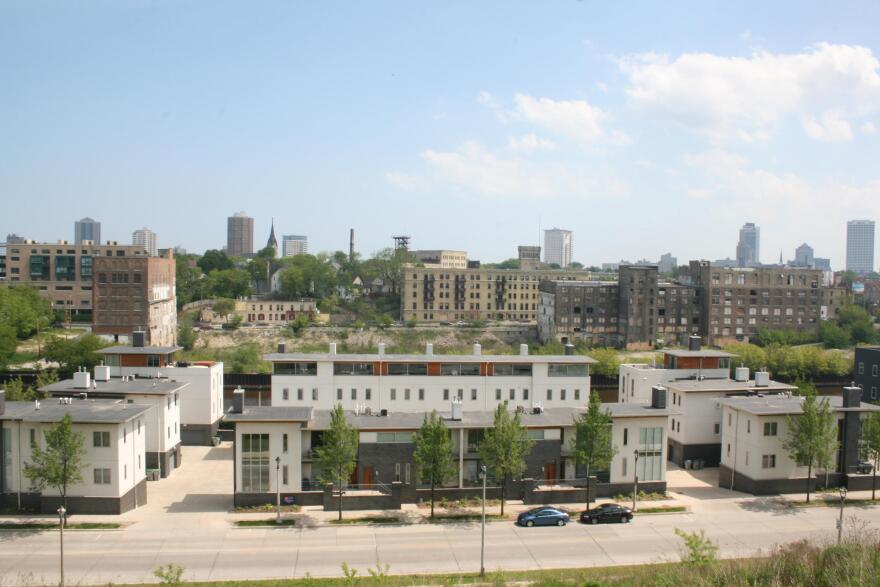Rental assistance recipients could soon be considered a protected class in Milwaukee County. A new proposal relating to fair housing would ban landlords from refusing to rent to people in housing assistance programs.
The plan is expected to go before a county board committee later this month.
Current federal law does not require landlords to accept housing choice vouchers, therefore they can legally refuse to rent to voucher holders.
Supporters of the proposal say denying housing to those on government assistance is extremely discriminatory. However, landlords who are opposed say they worry about how this proposal might affect how they can do their job.
County Board Supervisor Marina Dimitrijevic, who recently introduced the proposal that would make it illegal for landlords to refuse renting to people who receive Section 8 Housing Vouchers, says, “I think when you look at some of the challenges we face in Milwaukee and Milwaukee County with housing; segregation; straight up racism; lack of affordable, quality housing; high evictions, the list goes on... something’s got to change.”
She says some landlords flat out tell tenants they do not accept or rent to Section 8 recipients -- and says that’s unfair to the thousands of people across the city and county who are looking for safe and affordable housing.
Dimitrijevic thinks that this rejection continues to perpetuate segregation in a city already known for being the most segregated in the country.
READ: How Did Metro Milwaukee Become So Segregated?
“In many ways I think race plays a factor; I mean when we look at the data that suggests who is actually receiving assistance," she explains. "I mean we know that it’s older adults, we know that there’s veterans receiving assistance, but you cannot refuse to house someone based on any of these protected classes.”
The amendment would add “receipt of rental or housing assistance” as a protected class to the county’s existing code of ordinances related to fair housing.
Dimitrijevic says Milwaukee has to move toward a more inclusive housing model so people have more opportunities for economic mobility.
However, Ron Hegwood says the issue is bigger than segregation in housing practices, though he acknowledges that some landlords and even tenants can be guilty of discriminatory practices. He's the president of the Apartment Association of Southeast Wisconsin.
Hegwood says there are many reasons landlords choose not to accept housing vouchers.
While he says he's not at all opposed to the proposal, he says he does understand why some members of the association, for example, are hesitant. “There are some people that feel that they don’t want to enter into a contract with rent assistance or HUD because they don’t like the verbiage in the contract, and the contract will take precedence over the landlord’s own contract.”
Hegwood also mentions that a landlord’s lease and that of rent assistance might also clash. Some landlords offer month to month leases, while rent assistance leases are annual; landlords may not want to enter that annual agreement.
This isn’t the first time this proposal has garnered attention; the Milwaukee County's economic and community development committee first addressed it during a public meeting last month.
Property owner Bob Maas attended and said he opposed the idea. One reason, he said, had to do with landlords having to foot the bill for damage tenants might do to the units once they move out. “There’s no programs in rent assistance that say 'Well we’re going to repair their damage.' The burden’s put on us [landlords] with rent assistance.”
Maas also said he doesn’t want his current tenant screening process to be affected by this proposal either.
However, Milwaukee resident Phyllis Wax, who also attended the meeting, shared thoughts similar to Dimitrijevic’s saying she’s fed up with the segregation in Milwaukee.
Wax urged the committee to approve the proposal. “By not having assisted vouchers as a protected class, we are promoting and encouraging the continuation of segregation,” she said.
Despite differing views, the Milwaukee County Board, fair housing advocates, and the apartment association are working on solutions they hope will mutually benefit everyone.






